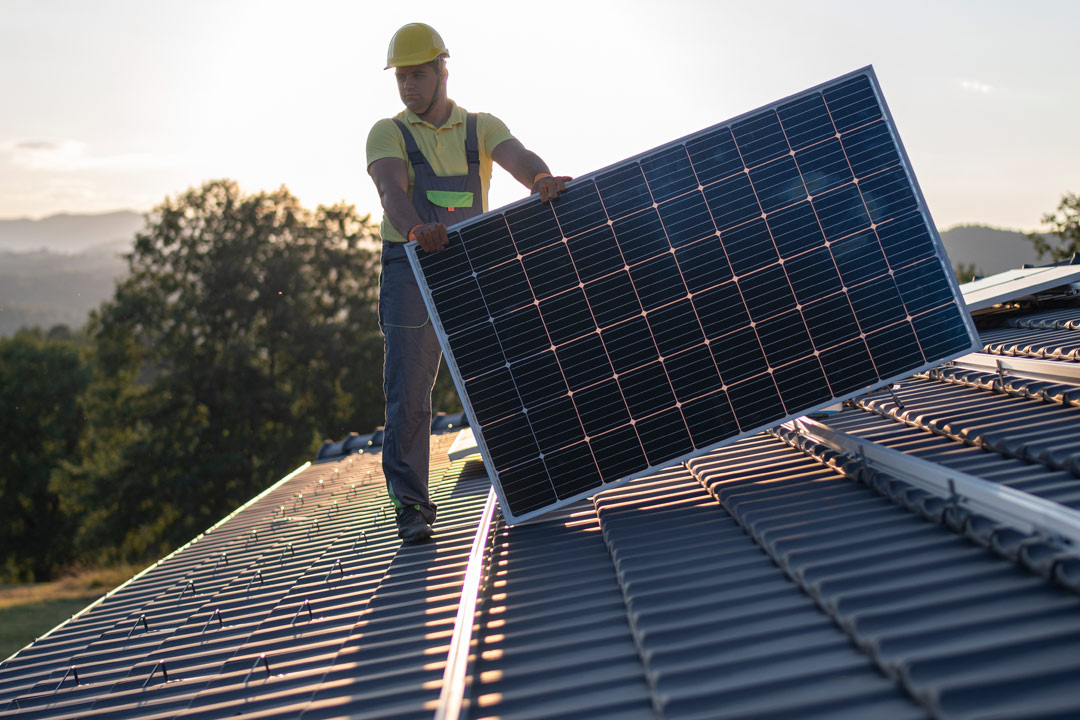The convenience of having access to electricity is not something many of us give much thought to; it’s just there when you need it. It’s amazing to think that around a hundred years ago, very few homes were equipped with electricity. In fact, some people were afraid of it as it was new technology (with some even attributing it to the work of the devil!).
Fast forward to now, and times have certainly changed. Most households have electricity, with maybe the exception of those in very rural areas. And while we know how to use it, how much do we actually know about it? What is this magical power coursing through cables and powering up our lives?
How is it generated?
Simply put, electricity is generated using turbines. Primary sources of electricity generation are conventionally coal, natural gas, or fuel-oil. Power stations or power plants burn these fossil fuels to produce heat to boil water, which in turn creates high-pressure steam that drives turbines to spin out electricity. This is then channelled via transmission and distribution lines to houses/buildings.
The process of producing electricity through the burning of these fossil fuels produces carbon emissions, which as we all know, is detrimental to the environment. But seeing as how we need electricity for our day-to-day activities, there’s nothing much we can do about it.
Or is there?

Sustainable Resources
Electricity can also be produced using more environmentally-friendly and sustainable resources such as wind, hydropower, solar power, just to name a few. In the case of wind power and hydropower, flowing wind and water would move the turbines. Solar power uses solar panels to convert sunlight to electricity using semiconductors.
While it may not be feasible for you to generate electricity using wind or water, solar energy is a different matter altogether. Solar panels can be installed on the roof of homes or businesses for a more sustainable source of electricity.
Is Solar Energy Reliable?
What if it rains? What if it’s a cloudy day? Will there be electricity at night?
Solar energy is reliable. Solar panels capture direct or indirect sunlight so electricity will still be generated. Even if sunlight is partially blocked by the sun, the solar panels will still work. Rain will not hurt the solar panels either, and is actually quite useful in keeping the panels clean. While electricity will not be produced at night, you won’t (literally) be in the dark as solar panels will still power your home.
Save the Planet & Save Money
Installing solar panels will help you cut back on your electricity bill and save you money. Not only that, it can also make you a little side income as you can sell the excess electricity you generate back to your service provider – win win!
Maybank Solar Financing
With Maybank Solar Financing, you will have a hassle-free journey in purchasing and installing a solar panel system on your residential property. Not only that, you’ll also enjoy:
- Ease of making monthly repayments through standing instruction
- Seamless payment process
- Exclusive promotions from our solar panel partners
- Option to add on insurance/takaful protection
- Preferential home financing rates for property fitted with a solar panel system
Ready to take the next step? Find out more here.

